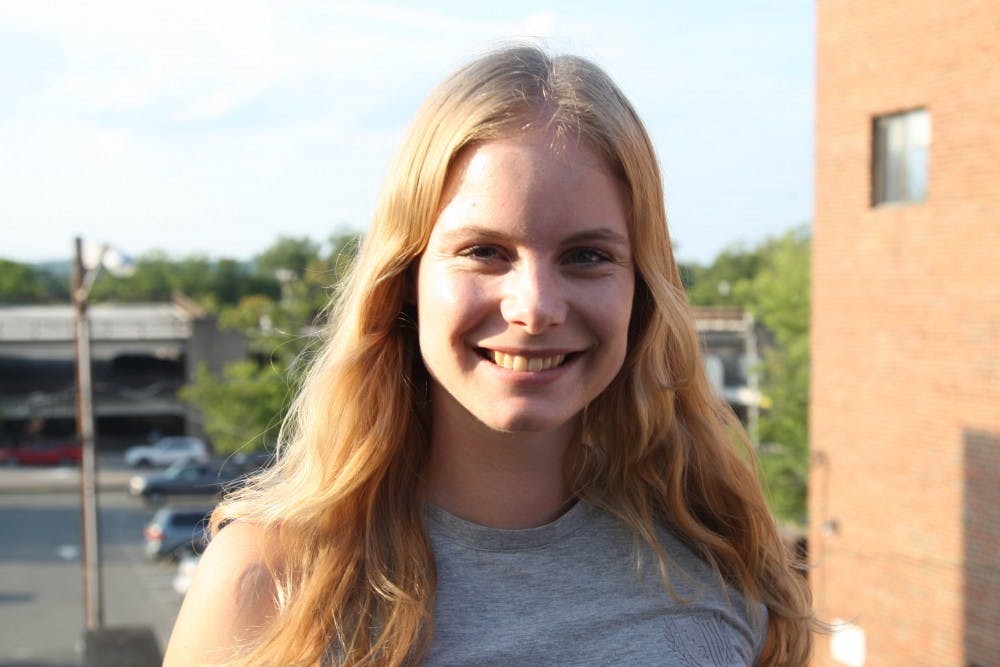Considering that you have one of the oldest and most established democracies in the world in the United States of America, you are doing a terrible job including every citizen in it. The current election system is racist, non-representative and outdated.
The local elections in Chapel Hill and Carrboro will be held on November 5th. Most UNC students probably won’t vote. The reason might be that younger people generally participate less in elections, or that a lot of students don’t care about the politics in their college town.
Whatever the reason, it is every citizen’s civic duty to vote and you should take the time to do it. However, across the U.S. it is becoming increasingly difficult to cast a ballot, and there are two main criticisms as to why the current election system should be changed.
The failings of the system are demonstrated by the low voting rates. In the presidential election in 2016, only 55.7 percent of the estimated voting-age population decided to vote. The midterm elections did not look any better; in 2018 just 47.5 percent participated.
Compared to most developed countries in the world, the U.S. is far behind. The most extreme examples being Belgium (87.2%), Sweden (82.6%) and Denmark (80.3%). To be fair, Belgium does have compulsory voting, which is part of why it is so high.
When a democracy has very low voting rates it destroys the legitimacy of the ones in power. In the last presidential election, the winning side got 45.9 percent of the votes, which means only 25.6 percent of the voting-age population wanted the current president. This undemocratically-low support creates polarization and conflict.
So why aren’t Americans voting? One explanation of the low turnout is that the system is set up to keep people from voting. Specifically, it keeps poor people away from the polls, who often happen to be ethnic minorities and Democrat voters.
Voters need to be informed about when the election is happening, who is running and what the contestants stand for, which is why education and wealth correlates with high voting rates. This is a natural barrier to participation, but it should be the job of the state to minimize the effects of this unjust connection. Otherwise, the representation will be skewed in favor of the rich.
Instead, the U.S. is doing the exact opposite, and is worsening the inequity. In many states there are multiple barriers to voting. These are all put in place with the excuse that it prevents voter fraud, which is basically nonexistent.



